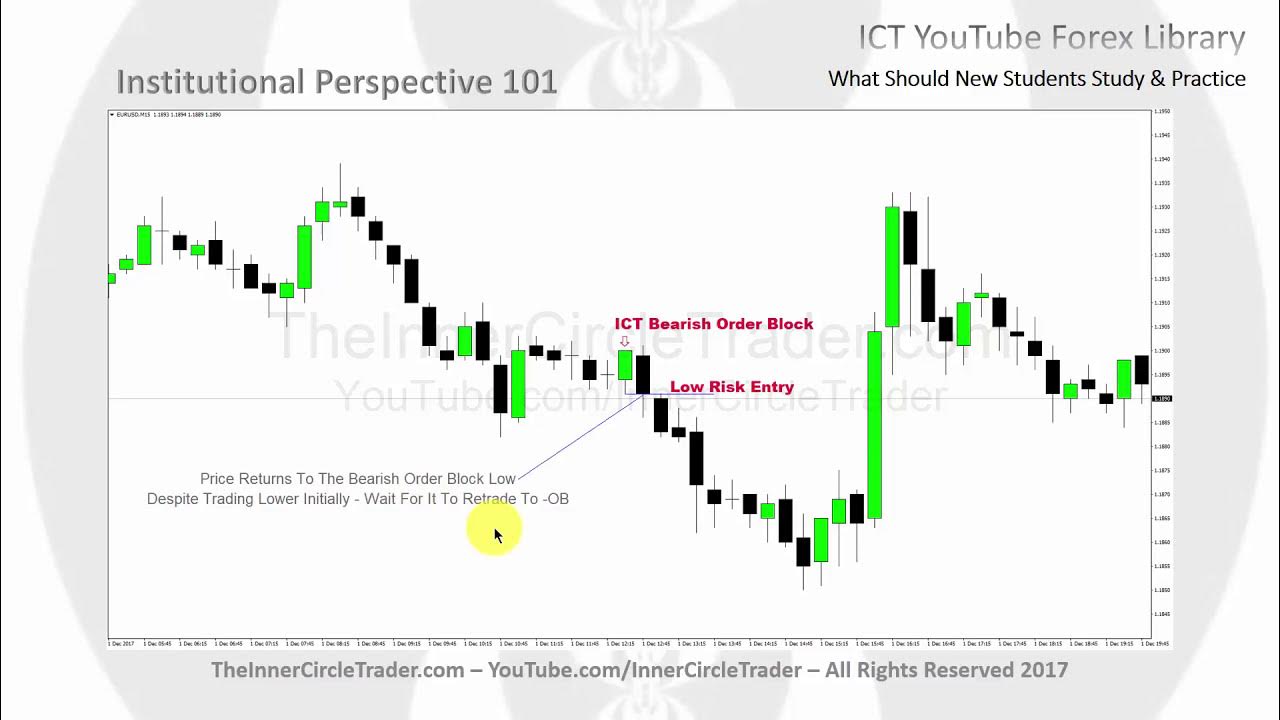Understanding Income Tax in Peru: Peruvian and Foreign Source Income
This video provides a general overview of income tax in Peru, covering Peruvian and foreign source income. It explains domicile, tax obligations, and the taxation of capital gains.
00:00:00 This video discusses the general aspects of income tax in Peru, specifically the taxation of income from Peruvian sources and income from foreign sources. It explains the conditions for losing and regaining domiciled status and provides an example scenario.
🏠 Peruvian individuals can lose their domiciled status if they are outside the country for more than 183 days within a 12-month period.
✈️ Peruvian individuals who have lost their domiciled status can regain it when they return to the country, unless they stay in the country for 183 or fewer days within a 12-month period.
📅 If a Peruvian individual loses their domiciled status and stays outside the country for more than 183 days within a 12-month period, they will no longer be considered domiciled starting from January 1st of the following year.
00:05:43 The video discusses the general aspects of income tax in Peru, focusing on Peruvian and foreign source income. It explains the conditions for regaining domiciled status and the taxation of foreign company branches in Peru.
📌 Peruvian law defines the conditions for regaining domiciliary status upon return to the country.
📌 The criteria for domiciled Peruvians and non-domiciled foreigners are different, with domicile being the main connection for Peruvians.
📌 Branches of foreign companies are considered separate legal entities and are subject to taxation based on their Peruvian source income.
00:11:27 The video discusses general aspects of income tax, including income from Peruvian and foreign sources. It explains how domicile and nationality affect tax obligations and the distinction between Peruvian and foreign source income.
📌 Being a national of a particular country obligates individuals to pay income tax in that country.
🔍 Domicile is essential in determining tax obligations for individuals and associations.
💰 Income from Peruvian and foreign sources are subject to different tax rules.
00:17:13 An overview of Peruvian income tax, distinguishing between income from domestic and foreign sources and discussing the implications for capital gains.
📌 The video discusses the general aspects of income tax, specifically focusing on income from domestic and foreign sources.
🔍 It explains that income produced by prices, including those from sales, falls under the category of capital gains rather than production income.
💡 The distinction between income from physically located assets or economically used rights and income from sales is highlighted.
00:23:02 General overview of the Peruvian Income Tax, discussing income from domestic and foreign sources, as well as the taxation of properties and software.
🎯 The video discusses the general aspects of income tax and differentiates between income from Peruvian and foreign sources.
💼 It mentions that income from the sale of immovable property in Peru is subject to taxation, while income from the sale of movable property is not.
💻 The video also highlights the issue of software being considered as economically used in the country and therefore subject to income tax, but raises questions about its renewal and the determination of its cost.
00:28:46 Overview of Peruvian and foreign source income tax, including analysis of rights and economic utilization. Explains criteria for connection and taxation of capital income.
📚 The video discusses the general aspects of income tax, focusing on income from domestic and foreign sources.
💻 The analysis of income from rights and their economic utilization in companies is explored, highlighting the conditions for taxation.
💰 The article also addresses the taxation of income from capital, specifically interest, and the criteria for connection to the country.
00:34:31 Overview of Peruvian and foreign source income tax, discussing different criteria for determining tax connections and the taxation of commissions and interest.
🔑 There are three criteria for determining the source of income in Peru: where the money is deposited, who pays it, and where it is economically utilized.
💡 Commissions are considered income source in Peru, but only when they are related to interest. Commissions charged by a third party for structuring a loan or providing a guarantee are not subject to income tax.
🌐 Income sourced from outside Peru can still be taxed if it is used economically within Peru, even if the payer is located in a different jurisdiction.
You might also like...
Read more on Education
Classroom Questioning: Teacher Question Techniques & Strategies

注目AIニュース~ChatGPTが画像&会話対応、OpenAIが新たなデバイス開発!?、MetaのAI機能ラッシュ、国内生成AI市場、住友生命でのAI活用事例など

El teatro: definición, orígenes, características, elementos y estructura

Contracts & Invoices for Freelance Artists & Illustrators

ICT Forex - What New Traders Should Focus On

Garveyism is an Anti Capitalist Philosophy